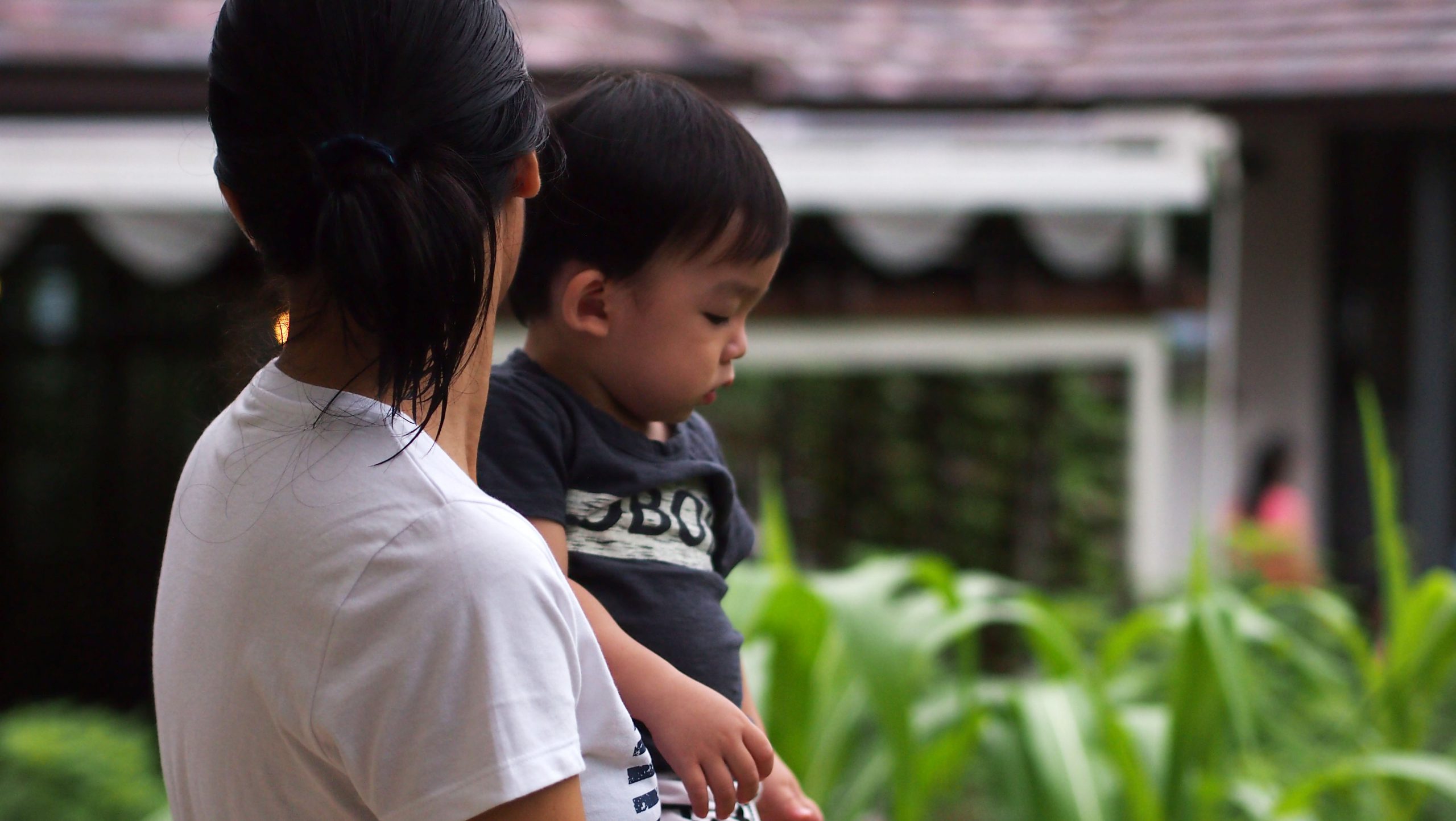Mediating Effects of Parental Stress on Harsh Parenting & Parent-Child Relationship during Coronavirus (COVID-19) Pandemic in Singapore
June 1, 2023

Celebrated annually on 1 June, the Global Day of Parents was initiated by the United Nations to honour parents and parenting around the world. Although not all parents take the same approach to parenting or make the same sacrifices, parenting is a tireless commitment for many fathers and mothers. During the COVID-19 pandemic, parenting became even more of a challenge due to high economic uncertainty and reduced social support for parents.
In ‘Mediating Effects of Parental Stress on Harsh Parenting and Parent-Child Relationship during Coronavirus (COVID-19) Pandemic in Singapore’ (Journal of Family Violence, 2020), Dr Gerald Chung (NUS Social Service Research Centre), Associate Professor Paul Lanier (University of North Carolina at Chapel Hill School of Social Work), and Dr Peace Wong (NUS Social Work) investigate how COVID-19-related parental stress led to increased harsh parenting and reduced parent-child relationship closeness.
During the Circuit Breaker lockdown period, physical distancing and lockdown measures aimed to reduce community-based transmissions. However, they inevitably disrupted social connections and parents’ ability to access support from family members as well as their extended communities in Singapore. This had mental health consequences for many parents, such as loneliness or depression.
These COVID-19-related impacts created parental stress, because parents either experienced demands that are inconsistent with expectations or lacked the resources to meet these demands. This stress was a key determinant of parenting practices during the height of the COVID-19 pandemic, with higher levels of parental stress linked to parents being more authoritarian or harsh and less responsive or close with their children.
This is of particular concern for two reasons: firstly, harsh parenting is a risk factor for child abuse and neglect, and secondly, practices like corporal punishment may not be effective in managing children’s behaviours and in fact encourage negative behaviours, adversely impacting the parent-child relationship. When children experience and internalise harsh parenting practices, they are more likely to externalise them through negative behaviours themselves.
Having identified parental stress as the key mediating factor linking environmental stressors (such as parents’ perceived impact of COVID-19) with parenting practices, the researchers propose three measures to improve parenting outcomes.
Firstly, financial and job support (as seen in the Resilience Budget) is crucial to reduce the level of stress experienced by parents, which would in turn increase their use of positive parenting behaviours.
Secondly, parents’ psychological health should be supported by ensuring their access to psychological services, counselling and social work services even amidst lockdowns or stay-home orders. This entails continuing to designate mental health, social work and counselling services as essential services even during the pandemic.
Thirdly, parenting interventions such as Parent-Child Interaction Therapy and Triple P are an effective way to encourage parents’ use of non-punitive disciplinary methods, develop healthy communication skills and promote parents’ capacity for self-regulation and self-care. These parenting interventions can also be online and self-directed in times of stay-home orders, equipping parents with the materials necessary to learn behavioural strategies at home and access different levels of therapist support based on their needs.
Read the article here.
